
Would veterinarians recommend using dental cleaning sticks for pet dogs
If you’ve ever stood in the pet store, staring at a wall of dental chews while wondering if they’re worth the money, you’re not alone.
Finding your dog lethargic, with dry gums and sunken eyes, is enough to make any new pet owner panic. Dehydration creeps up fast—maybe after a long hike on a hot day, or a stomach bug that’s left them refusing water. Knowing how to safely rehydrate them can turn a scary situation around, but it’s not as simple as filling their bowl and hoping for the best.
Dogs rely on water to keep everything from their joints to their kidneys working. When they lose more fluids than they take in—through panting, vomiting, or diarrhea—their bodies struggle to cool down and filter waste. A quick test: gently pinch the skin on their neck. If it stays tented instead of springing back, they’re dehydrated. Small breeds like Chihuahuas and seniors are most at risk, as their bodies can’t hold onto fluids as well. Think of it like how you’d feel after skipping water all day—dizzy, weak, and in need of hydration, but too drained to drink much.
Start slow. Offering a bowl of cool (not icy) water might work, but many dehydrated dogs won’t drink willingly. Try a syringe (no needle) to squirt tiny amounts into their cheek—1 teaspoon at a time, waiting 30 seconds between sips. For extra appeal, mix in a splash of low-sodium chicken broth (no onions!)—the smell often gets them licking. Freezing broth into ice cubes gives them something to nudge and lick, hydrating while soothing a dry mouth. If they’ll eat, stir water into their wet food to make a soupy mash—this sneaks in fluids without them noticing. Never force water down their throat; it can go into their lungs and cause pneumonia.
In the US, even during a dehydration scare, legal basics matter. Keep their rabies vaccine current—all states require it, and a weakened dog is more at risk of illness. When you take them outside to relieve themselves, always grab poop bags. Dehydration can make their stool loose, and leaving messes in public isn’t just gross—it’s illegal in most cities, with fines up to $200 in places like Phoenix. It’s part of being a responsible owner, even when you’re stressed.
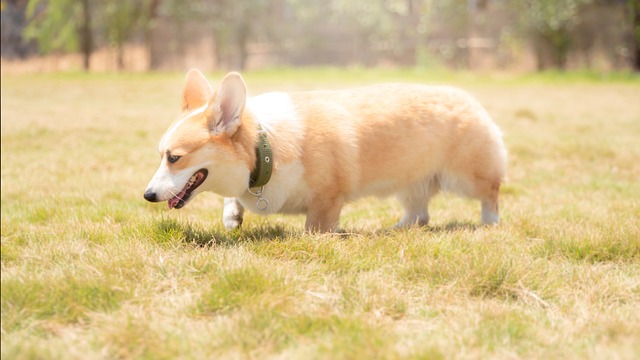
Never scold your dog for not drinking. Yelling only stresses them, making them pant more and lose more fluids. Instead, sit with them, speak softly, and reward any sip with a gentle pat. This kind approach fits how most Americans care for their pets—patience over pressure. If they resist for more than an hour, or if they’re vomiting, call the vet—they might need IV fluids.
Apartment living means prepping ahead. Keep a syringe and low-sodium broth in your pet first-aid kit. During heatwaves, place water bowls in multiple rooms so they don’t have to climb stairs. When walking in your building, stick to early mornings or evenings to avoid overheating, and carry a portable water bowl. Neighbors will appreciate it if your dog isn’t panting loudly from dehydration in shared spaces.
Rehydrating a dog takes calm, steady effort. With the right steps, you can help them bounce back, turning weakness into wagging tails in no time.

If you’ve ever stood in the pet store, staring at a wall of dental chews while wondering if they’re worth the money, you’re not alone.
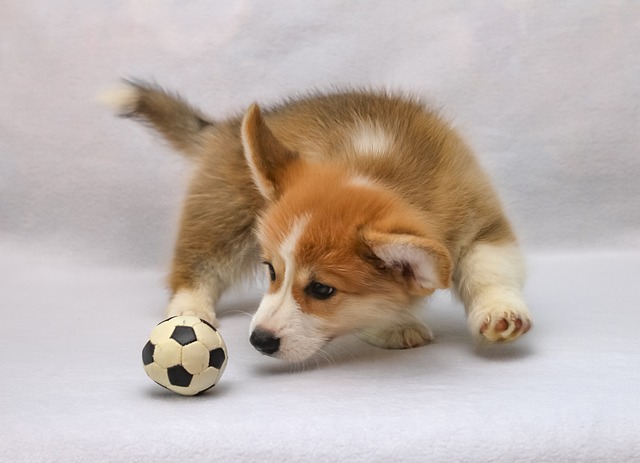
Walk down any pet store aisle, and you’ll see shelves lined with dental chews—colorful, bone-shaped treats promising to clean teeth and freshen breath.
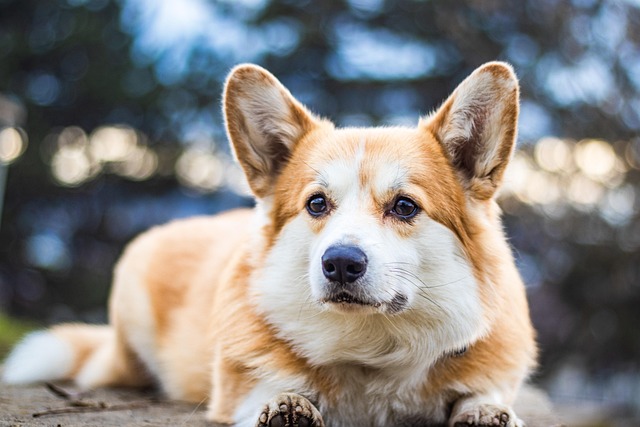
If you’ve ever struggled to brush your dog’s teeth—dodging wiggly heads, slobbery paws, or the occasional playful bite—you’ve probably wondered about easier alternatives.
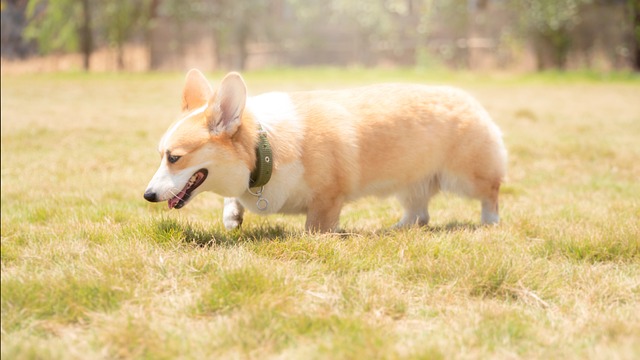
Finding your dog lethargic, with dry gums and sunken eyes, is enough to make any new pet owner panic. Dehydration creeps up fast
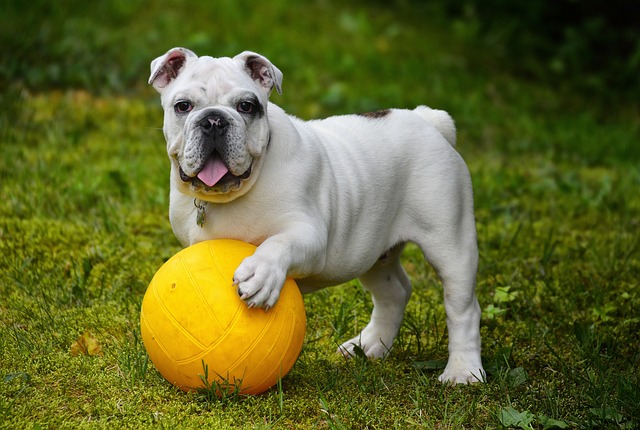
Watching your golden retriever scratch his ears raw after meals or sprint to the backyard with digestive urgency turns dinnertime into a nightmare.
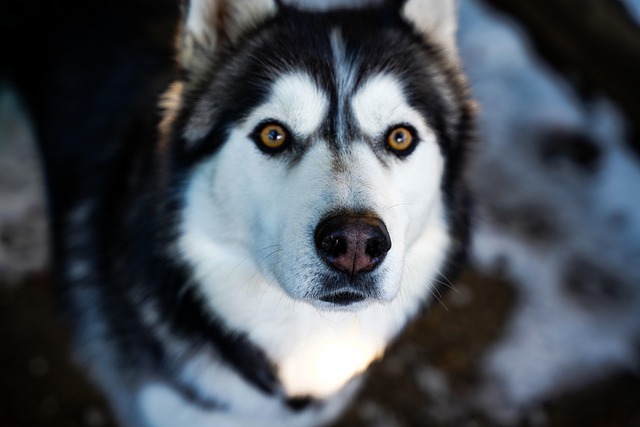
There’s something undeniably captivating about a husky’s gaze, and when those eyes are a rich shade of brown, it’s like stumbling upon a hidden gem.